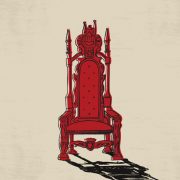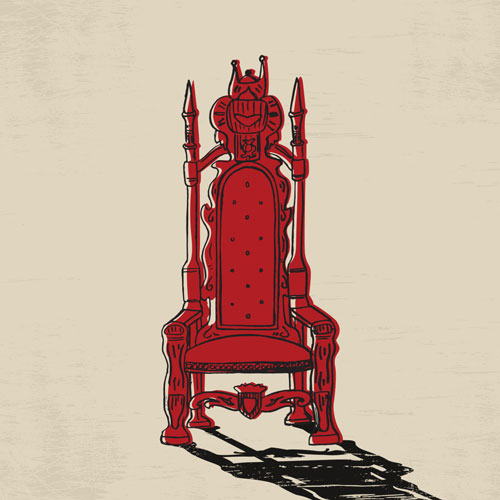A More Convenient Time?
“Now as he [Paul] reasoned about righteousness, self-control, and the judgment to come, Felix was a afraid and answered, ‘Go away for now, when I have a convenient time I will call for you.’” (Acts 24:25)
In Acts 24, Paul was on trial before a Roman governor named Felix. Felix heard what Paul said, and the Roman was impressed by the message of the gospel. He knew that he had to get his life right with Jesus Christ. Yet he avoided doing anything, and he excused it by telling Paul that he must wait for “a convenient time.”

The excuse of Felix is repeated over and over again in the lives of thousands upon thousands of people.
First, it has application to those who have never trusted in Jesus to be right with God and men. Perhaps they think it is fine thing to be a Christian, and it really is something they must give attention to – but not now. Later. Yes, it must be later.
They tell themselves they will give attention to spiritual things later, when life isn’t so stressed. Later, after they have had their fun. Later, when surely it will be easier to be a Christian.
Of course, all such thoughts are a delusion. There will never be a more convenient time than today. This is why the Bible says: “Behold, now is the accepted time; behold, now is the day of salvation” (2 Corinthians 6:2). If God calls a person, moving on their heart to get their life right with Jesus, it is essential that they do it now. They should never assume God will deal with their hearts the same way tomorrow, or a year from now. Every man or woman has their warnings; and every soul that ever perished had a last warning. A wise person would regard today’s warning as perhaps the last one.
Second, the passage has application to the life of those who are already Christians. We have found peace with God through the finished work of Jesus, but God hasn’t finished His work with us yet. Are there places where we resist God’s work under the excuse of waiting for a more convenient time? Perhaps one has an outburst of temper, but instead of dealing with it rightly before God, they say, “That’s just the way I am. Perhaps one day God will change me.” So, they push away the drawing, warning work of the Holy Spirit, waiting for a convenient time to get that area right with God.
God’s work in our life will often be challenging – sometimes even inconvenient for us. Can we submit to God, and allow His work to inconvenience us at times? If He is truly our Lord, we can.
Ask God today to show you things you’ve been putting off, making excuses about, and should address before Him. Then in the wisdom and strength of God’s Spirit, do it.


















